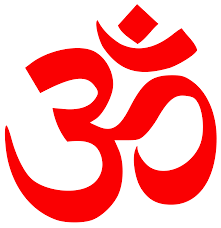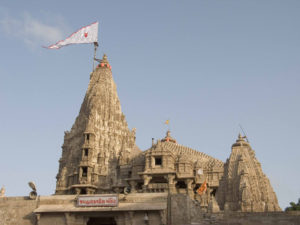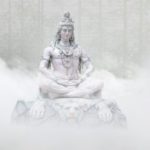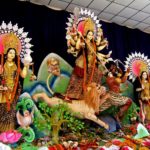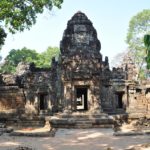I met a developmentally disabled and physically challenged woman who knew only two words, the word “God” and her sister’s name. She repeated the word “God” over and over and over and over again under her breath, or with her breath, soft and low, constantly; day after day after day. It was her mantra. It as if she, prior to coming into the world, had decided that in this lifetime, the name of God would always be on her lips.
The mentally-afflicted woman lived in a large board and care facility surrounded by others who screamed and who expressed their unhappiness at the hand that life had dealt them. But she was different. She shone with an inner light and expressed much compassion, kindness, and gentleness. She suffered from cancer. She could hardly walk because of her inherited mental and physical limitations but she was the self-appointed greeter of the facility. She met me at the door before I got there, and took my hand to lead me to the administrator’s office. She had no words with which to speak so she kissed my hand in friendship and in love. She smiled, and that smile lit the room. She was a living testament to the power of the mantra.
www.schoolofsanthi.com/sanskrit_glossery.php an online Sanskrit dictionary, defines a mantra as a “Sacred syllable or word, or set of words through the repetition and reflection through which one attains perfection.” Some say that in this time, when things are at their darkest and when life is shorter than it has been in past ages, mantra repetition or Japa, is the easiest, quickest, and cheapest pathway to liberation.
The Story of Valmiki and the Power of the Mantra
One of the stories often told about the power of the mantra, at least in some Hindu circles, is the story of Valmiki who began his life, it is said, like a bandit in the forest. In one story that I heard, he was approached by holy men and when he told them that it was either “your money or your life,” they said that they had no money to give him but they could give him the mantra: “mar.” He took the mantra willingly and let the holy men go on their way.
The storyteller told me, “He thought he was saying the word “mar” or “murder” and thought that it would make him a better robber, but unknowingly, he was actually saying, the name of God, “Ram” over and over again. And this practice of Japa bore strange and wonderful fruit. He gradually drifted away from the desire to rob people and went into the practice of spirituality. He eventually becomes a liberated maharishi, or sage, broke through the caste system of that time (said to be about 300 BC) and wrote the Ramayana which was the story of the life of Rama and which was written, according to some, one thousand years or more before the birth of Rama. The ability of the mantra to transform the raw coal of a person into the diamond of a liberated and fully enlightened being is well noted in all Vedic texts.
Certainly part of Japa’s or Mantra repetition’s charm and power is that it is one of the most accessible of spiritual practices as even in your mother’s womb and certainly from your first breath, it is said that you were hearing the word “Om” in everything; the subtle sound permeating and sustaining the universe. The Creator’s own mantra heard in all of His creation even in the drumbeat of the heart. And when you spoke your first syllables “aaaa,” “baba” or “mama” or “dada” and laughed in glee and ecstacy you may have been saying your first mantras, even without knowing it. And certainly, when you talked inwardly to yourself and said things like, “you can do it” or “way to go” or “peace” etc. over and over again you were saying a mantra.
Vedic tradition
In the Vedic tradition, sometimes you hear that saying the mantra silently every day in meditation, three times a day in the same place after showering and dressing in clean clothes, is the best thing to do for one’s spirituality and self-realization and eventual liberation. Yet many people get busy and do not take the time to do this. For them, the mantra can still be effective, even on the go, when paired with the dedication of one’s actions to God. The pathway of Karma yoga, the pathway of action or of dharma or duty is enriched and enlivened by the use of the repetition of the mantra. As a person sweeps, types on the computer, and performs other tasks of life, the mantra can be in the background as a silent comforting friend, bringing peace and contentment even in the midst of suffering and light in the face of apparent darkness.
In the case of the chant of the mantra, you have, in addition to the power of the matra repetition, the power of the music, the power of the tones and notes which, like the mantra itself, resonates through your being to cleanse and purify all areas of the mind and the body as it uplifts and enlightens you and your surroundings.
Whether you chant just the word “Om” or you use the name of God like, “Hare Krishna” or “Om Namah Shivya” or do the enlightening mother of all mantras, the Gayatri mantra, or the healing Maha Mrityunjaya mantra or any other that you have learned, the effects of the mantra are bound to be of benefit to you in more ways than you can imagine.

